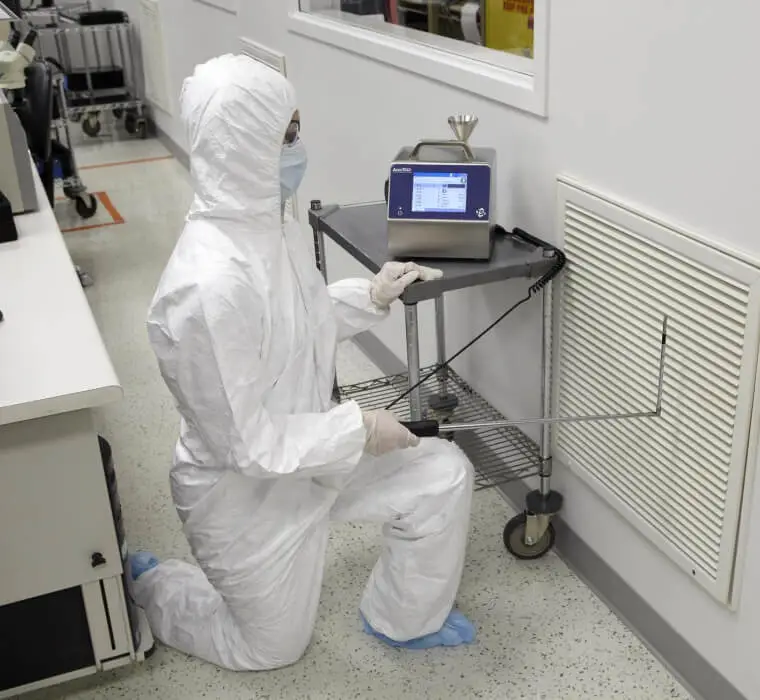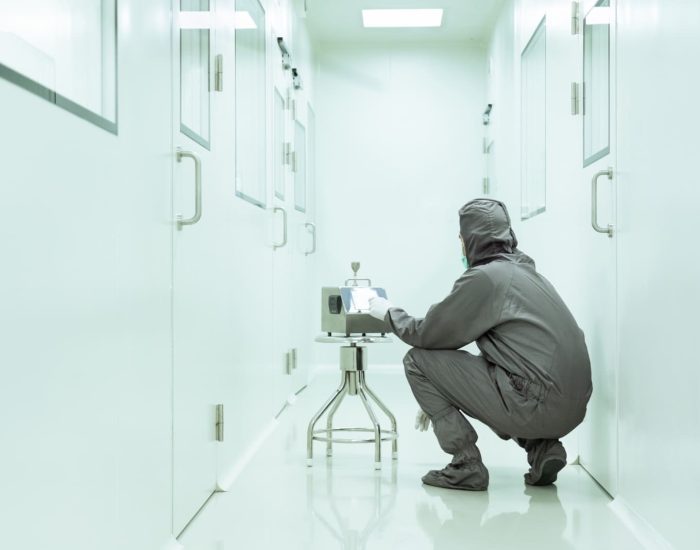

Our Approach
Validation Services we provide
Clean Room Validation
Clean room validation is a critical aspect of pharmaceutical manufacturing, ensuring that the environment meets the necessary standards for product quality and safety. The validation process includes a range of tests and measurements, such as particle count and air flow velocity, to verify that the clean room meets specified cleanliness levels. Other tests, such as air pressure differentials and temperature and humidity monitoring, ensure that the environment is properly controlled to prevent contamination. By performing thorough clean room validation, pharmaceutical companies can maintain a high level of product quality and safety, while complying with regulatory requirements.
- Air Velocity Test, ACPH Measurement
- Filter Integrity Test (PAO Test)
- Non-Viable Partical Count Test
- Recovery Test
- Air Flow Visualization / Air Flow pattern Test
- Light Intensity Measurement
- Sound Level Measurement
- T+RH Monitoring
- DP Monitoring
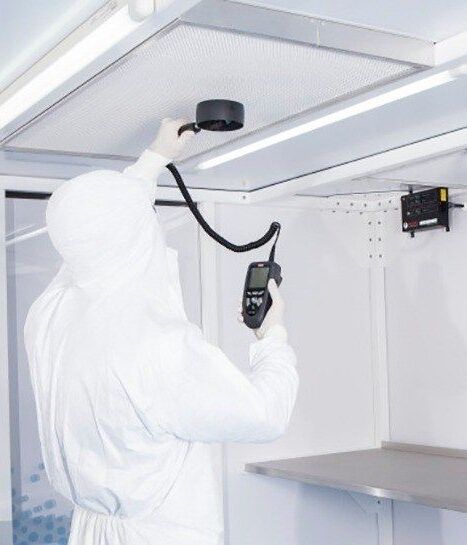

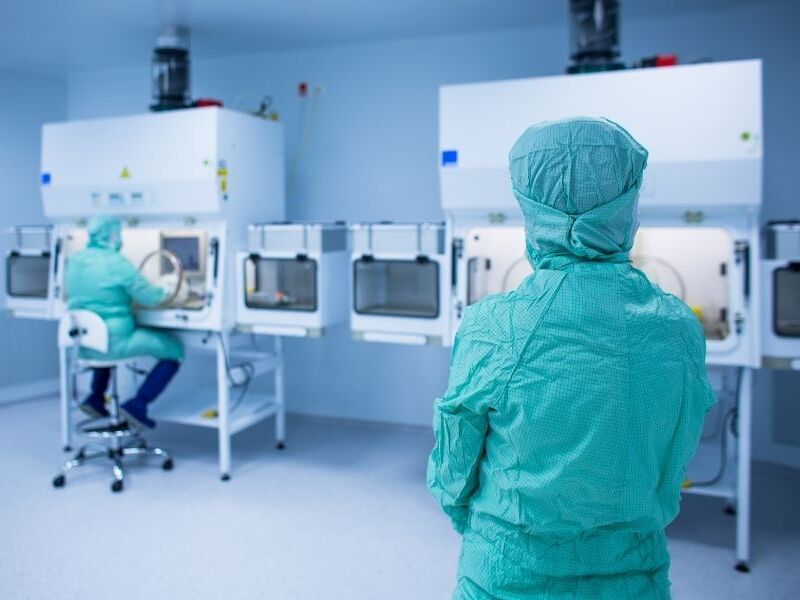

Clean Room Equipment Validation
- Air Velocity Test, ACPH Measurement
- Filter Integrity Test (PAO Test)
- Non-Viable Partical Count Test
- Recovery Test
- Air Flow Visualization / Air Flow pattern Test
- Light Intensity Measurement
- Sound Level Measurement
Compressed Air Validation
Compressed air validation is a vital aspect of pharmaceutical production that directly impacts the quality of the final product. It is also utilized in various other industrial sectors, such as oil and gas, manufacturing, nuclear, diving, and medical applications. Proper validation ensures that the compressed air is free of contaminants and meets the required standards, ensuring the safety and efficacy of the products and processes it is used in.
As per ISO 8573 we cover following parameters under this service for validation.
- Dew Point Measurement
- Oil Mist
- Water Vapour
- Non-Viable Particle count Test
- Gaseous Parameter – CO,CO2,N2,Nox,SO2,HC,O2
- Viable count
- 0.2 Micron filter Integrity Test


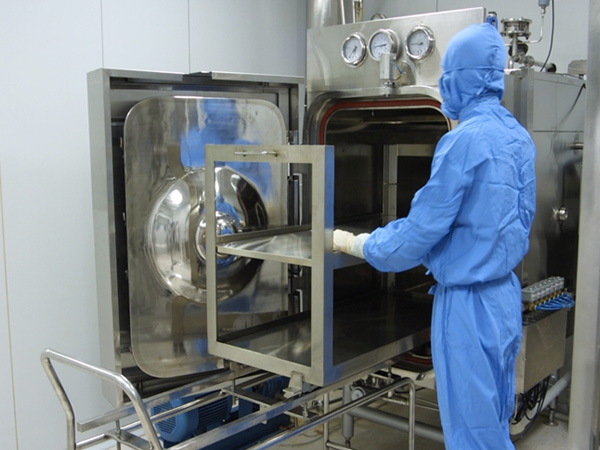

Thermal Validation | Process Validation
Thermal validation is crucial in ensuring that temperature-sensitive products or environments comply with legal requirements. This service is particularly important for manufacturers and transporters who are responsible for maintaining optimal temperature standards in a variety of applications to ensure product quality and safety.
As per WHO Guideline we cover following System under this service for validation.
- Incubator
- BOD Incubator
- Deep Freezer
- Ultra-Low deep Freezer.
- Industrial Refrigerator
- HPHV (High Pressure High Vacuum) Sterlizer (Autoclave).
- Vertical Autoclave.
- Lyophilizer
- Vial Sterilizing Tunnel.
- Ampule Sterilizing Tunnel.
- Compounding vessel.
- Filtration Vessel.
- Laboratory Oven
- Vacuum Oven
- Heating Block
- Stability Chamber
- Cold room
- Walk in Chamber.
- ETO Sterlizer
- Area / Room T+RH Mapping.
- Pure Stem Generator (Based on BS EN285)
Water (GPM) Balancing
Hydronic balancing is crucial to ensure that a building’s heating or cooling system operates effectively and efficiently. Properly balanced systems provide consistent temperatures throughout the building, preventing hot and cold spots. The process also reduces energy consumption and operating costs, as balanced systems require less energy to maintain the desired indoor climate. By optimizing water distribution, hydronic balancing helps ensure the system operates at peak performance, reducing the risk of equipment failures and prolonging the life of the system.
Application
- Chiller
- Hot Water Generation.
- Cooling tower.
- Air Handling Unit.
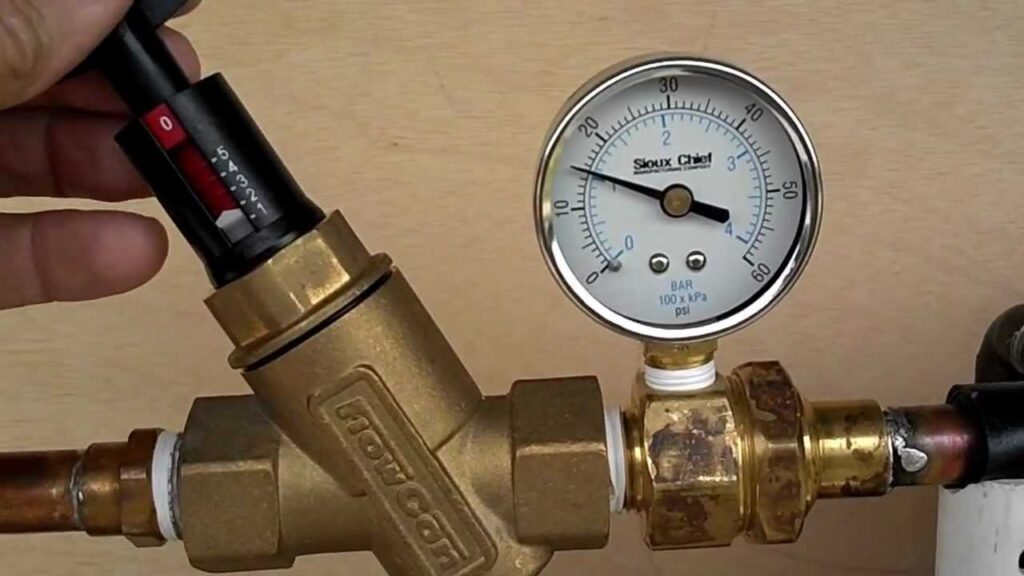

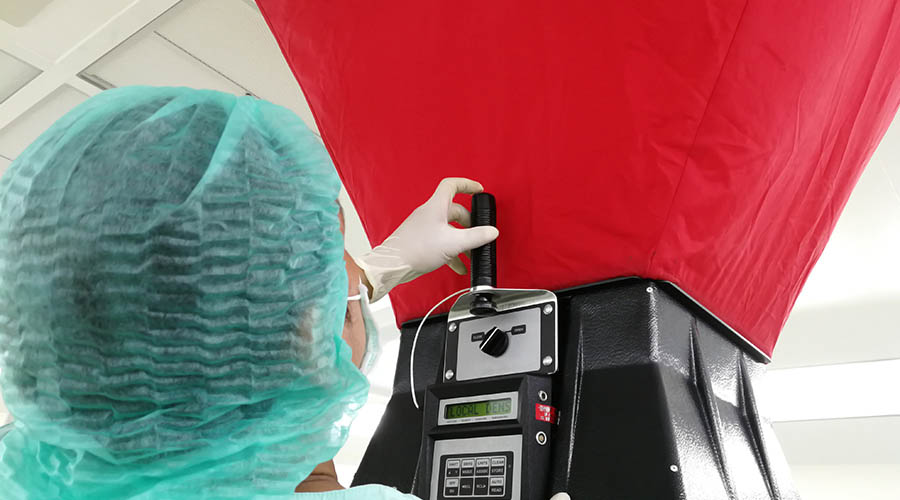

CFM & DP Balancing / TAB (Testing, Adjusting & Balancing)
Air balancing is a crucial step in HVAC system commissioning and maintenance, as it ensures that the air distribution system is functioning efficiently and effectively. Properly balanced air flow can improve indoor air quality, reduce energy consumption, and prevent equipment damage due to improper airflow. By testing and adjusting the flow rates of each branch in the distribution system, air balancing ensures that the system is optimized for the specific needs of the building, resulting in a comfortable and healthy indoor environment.
Application : ISO Clean Room & Respective AHU.
Computer Systems Validation
Computer Systems Validation is crucial for the pharmaceutical and medical device industries as it ensures that computer systems used in the manufacturing, testing, and distribution of products are operating in compliance with regulatory requirements. The process includes testing and documenting every aspect of the system, from the hardware and software to user access controls and data security, to ensure that the system is reliable, secure, and operates consistently and accurately.
As Per GAMP 5 & 21 CFR Part 11 Guideline we cover the Following system for validation under this service.
- PLC (Programable Logic Controller) System.
- SCADA (Supervisory Control and Data Acquisition) System.
- HMI (Human Machine Interface) System.
- Customized HMI
- DCS (Distributed Control System)
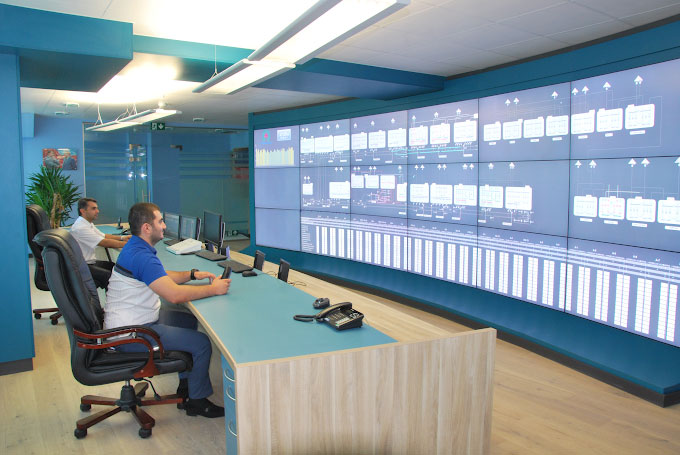

Benefits of Validation
- Ensures product quality
- Reduces production costs
- Increases efficiency
- Complies with regulations
- Improves customer satisfaction
- Enhances company reputation
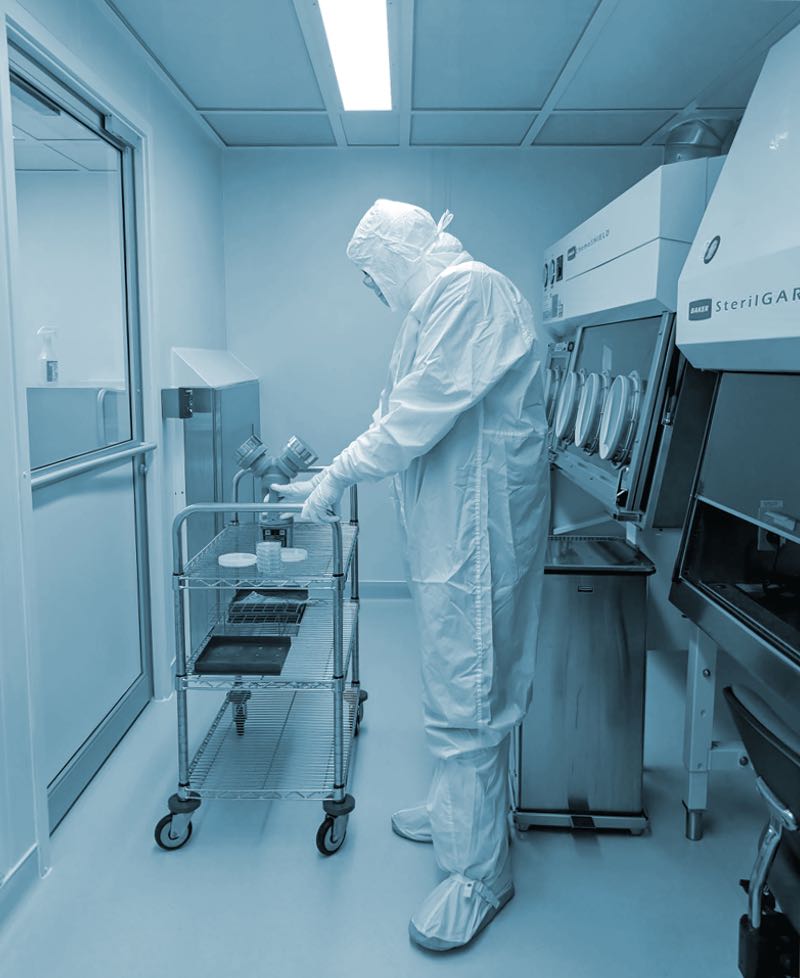

Our Expertise
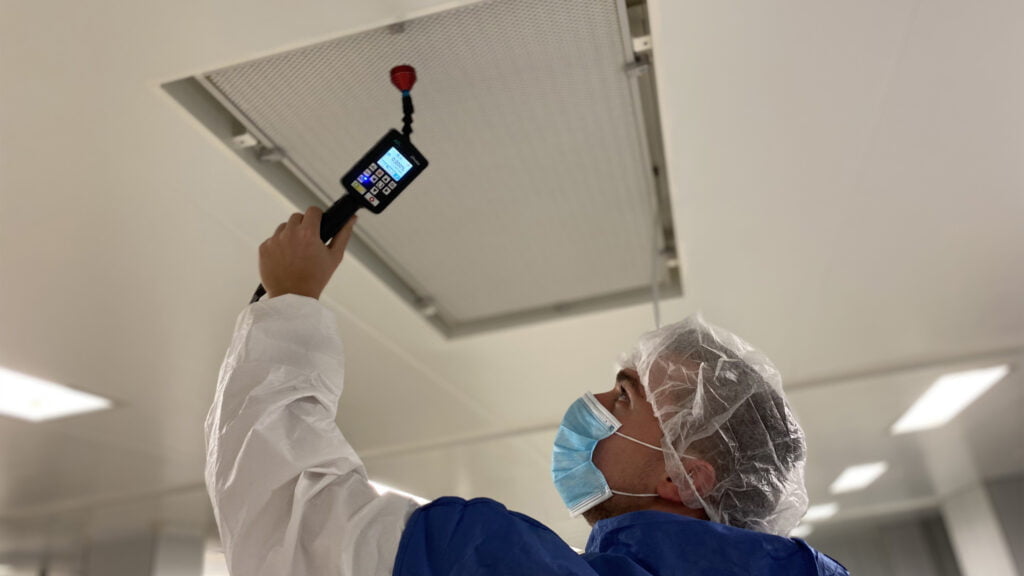

Our team of experts specializes in providing validation services across various industries. With years of experience, our professionals possess a deep understanding of regulatory requirements and industry best practices, allowing us to offer comprehensive validation solutions. We are proficient in conducting equipment and process validation, cleanroom validation, computer systems validation, and more.
Our team is also equipped to handle documentation, testing, and reporting aspects of the validation process with precision and accuracy. We pride ourselves on our attention to detail and commitment to delivering reliable and cost-effective validation services to our clients.
